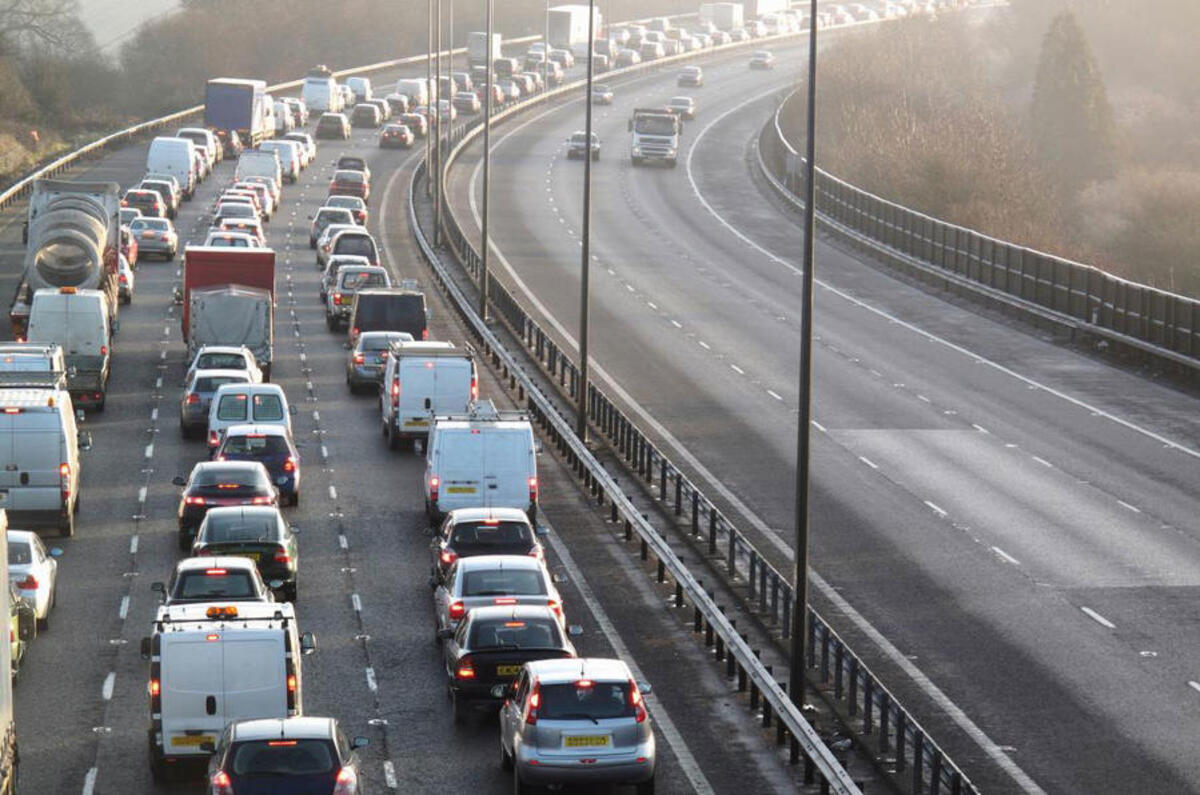The world’s 16 largest ships create as much CO2 as every car on the planet. It is better for the environment to keep running a 20-year old car than to scrap it and draw on more natural resources to buy another one. Firing a coal power station to create energy for a car battery is dirtier and less efficient than burning fuel to power an engine to power a car. There isn’t enough lithium ion on the planet to meet the world’s escalating electric car ambitions. And so the list goes on.
Getting clarity on what is and what isn’t true isn’t easy - or sometimes even possible - but on the issue of electric cars it does seem that the legislators are determined to force our hands. Come what may, within a generation or two we will be buying (or leasing, or subscribing) to them, because that is what governments around the world are determining, be it (covertly) for their economic gain or (publicly) through a belief that it will help to solve an impending environmental crisis.
But is it the right decision, and how will we ever know? The landscape is moving and, in many regards, not even measurable. On the latter point, take the mining of lithium ion, for instance. If you believe some of the headlines, much of it is mined by child labourers in dangerous conditions for a pittance and at a huge local environmental cost. There is no value that can be ascribed to that, no measurement in terms of g/km of CO2, but few would find it acceptable.
Hybrids exempt from Britain's petrol and diesel car ban
The suspicion among some car makers is that advancing battery technology requires legislative planning that is far in advance of where it is today, in terms of determining which precious materials can be used, how they can be extracted and how the resulting batteries can be recycled or reused once they become too inefficient for use in a car.
If these aren’t taken care of, the suspicion is the whole-life environmental impact of electric cars could be hugely damaging, potentially to the point that the growth in electric car sales has a net damaging effect on the environment, depending how far you go in your definition of environment.
Consensus is hard to find, but as one senior engineer at the Tokyo motor show told me: “What is certain is that the legislators are not used to working at the kind of pace that will deliver real solutions. Today the answer may be hybrid technology, in a few years it might be battery electric technology but a few years after that it might be hydrogen.
"If the environment really is the motivation behind these changes then we need science to come up with the answers, not emotion, and we need legislators to be ready to move faster and with more flexibility than ever before if we they are going to deliver the right answer for all types of transport all of the time.”
More content:




Join the debate
Add your comment
Myths?
From how I read this, Autocar are highlighting some myths and basically saying it is very hard to get to the truth behind them, how much is true, is ev really the answer or are we just repeating the diesel bias that put us in this situation. Autocar arent stating these as facts just highlighting ours and all other governments lack of ability to legislate without it being a knee-jerk towards current thinking, and also highlighting the fact that for every positive ev story there is a negative so how are supposed to know whats true. Personally I believe ev cars will be of benefit as our renewable energy use is constantly improving, but my knowledge of precious metal mining and battery manufacture is poor so I do not know how true the negative stories are.
Practical Classics
Autocar is just morphing into Practical Classics as it fails to get a grip on the changes happening in the automtive and power industry. Maybe it is time to do some real journalism instead of just trundling around in free cars?
Myths
"The world’s 16 largest ships create as much CO2 as every car on the planet. It is better for the environment to keep running a 20-year old car than to scrap it and draw on more natural resources to buy another one. Firing a coal power station to create energy for a car battery is dirtier and less efficient than burning fuel to power an engine to power a car. There isn’t enough lithium ion on the planet to meet the world’s escalating electric car ambitions. And so the list .......
.... of urban myths goes on, carelessly repeated by people who shpuld know better or are too lazy to check them out or have a vested interest in repeating them.
Not all myths though
They are not all myths though. The Tesla battery giga factory will produce more batteries than the whole world currently produces each year. This will be enough for the projected 500k cars they plan to build. The amount of Lithium and rare materials needed for 13 million cars per year would be collosal.
Also, whilst we don't have unimited green electricty, it would be simpler to use the green electricty we do produce for building heating and cooling. In the case of heating, predominantly fosil fuels are used.